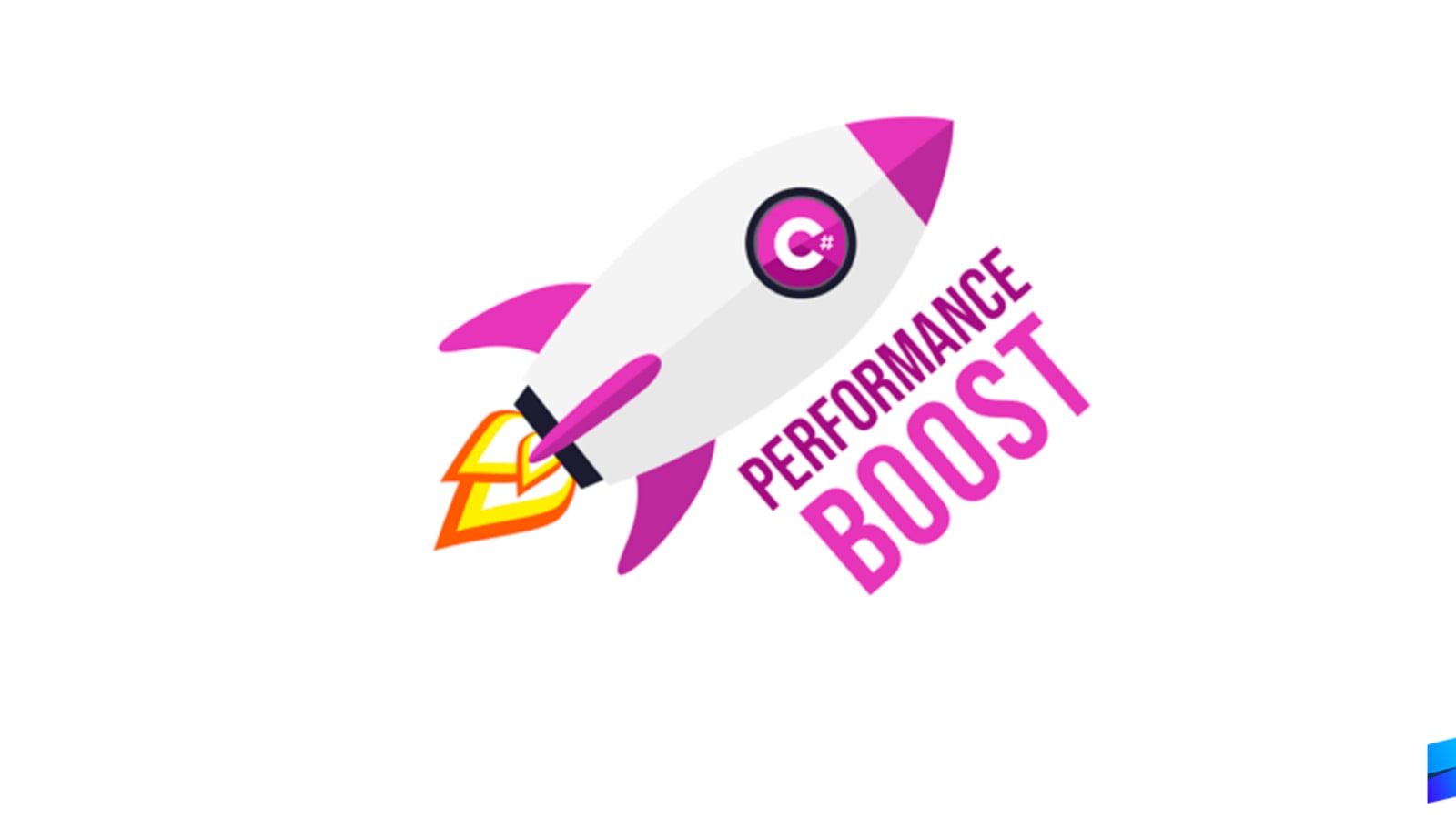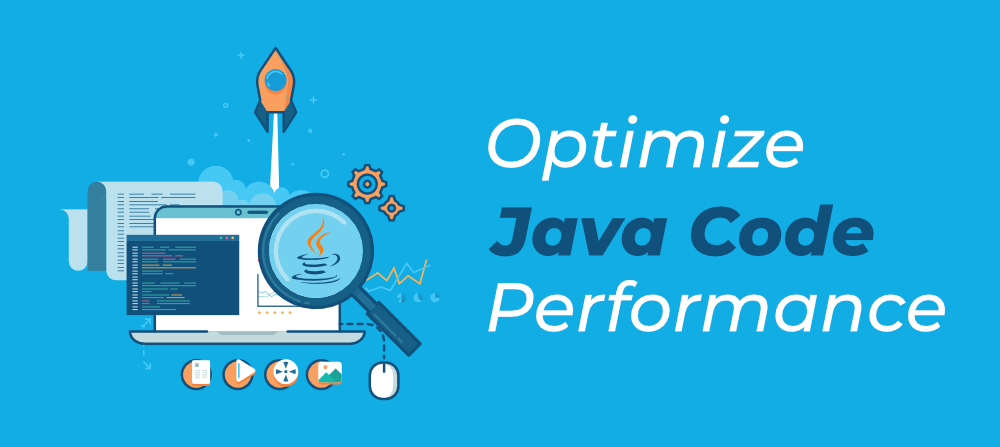Optimizing Code Performance: Best Practices

Introduction
Code performance optimization is a crucial aspect of software development. As developers, we strive to create efficient and fast-running applications that provide a seamless user experience. However, writing high-performance code requires more than just good programming skills. It involves understanding the underlying principles, identifying bottlenecks, and implementing best practices to enhance the overall performance of our code.
In this blog post, we will explore some essential techniques and best practices for optimizing code performance. Whether you are a beginner or an experienced developer, these tips will help you write more efficient code and improve the performance of your applications.
1. Use Efficient Data Structures
Choosing the right data structures can significantly impact the performance of your code. Opt for data structures that provide efficient operations for the tasks you need to perform. For example, use arrays when you need constant-time access to elements, or use hash tables for fast key-value lookups.
2. Minimize Memory Usage
Reducing memory usage can lead to improved code performance. Avoid unnecessary object creation and make use of object pooling or recycling techniques. Additionally, release resources and memory as soon as they are no longer needed to prevent memory leaks.
3. Optimize Loops

Loops are often a major source of performance bottlenecks. To optimize loops, minimize the number of iterations and avoid unnecessary computations within the loop body. Consider using loop unrolling or parallelization techniques when applicable.
4. Use Proper Data Types
Choosing the appropriate data types can enhance code performance. Use integer types when dealing with whole numbers, floating-point types for decimal numbers, and avoid unnecessary conversions between different data types.
5. Employ Caching
Caching can greatly improve code performance by storing frequently accessed data in a faster memory location. Utilize caching mechanisms such as memoization or caching libraries to avoid redundant computations and reduce response times.
6. Optimize Database Queries
If your code interacts with a database, optimizing database queries is crucial for performance. Use indexes, limit the number of returned rows, and avoid unnecessary joins or subqueries. Additionally, consider using database query optimization tools to identify and resolve performance issues.
7. Profile and Benchmark Your Code
Profiling and benchmarking your code allows you to identify performance bottlenecks and measure the impact of optimizations. Use profiling tools to analyze the execution time of different code sections and focus your optimization efforts on the most time-consuming parts.
8. Avoid Excessive Logging
Logging is essential for debugging and monitoring, but excessive logging can significantly impact code performance. Be mindful of the amount and frequency of log statements, especially in performance-critical sections.
Summary
Optimizing code performance is crucial for creating high-performing applications. By following best practices and implementing efficient techniques, developers can significantly enhance the speed and efficiency of their code. In this blog post, we discussed some essential tips for optimizing code performance:
- Use efficient data structures: Choosing the right data structures can have a significant impact on code performance. Utilize data structures like arrays, lists, and dictionaries that provide efficient access and manipulation operations.
- Minimize resource usage: Avoid unnecessary memory allocations, excessive object creation, and redundant calculations. Optimize your code to use resources efficiently, reducing the overall memory and CPU usage.
- Profile and analyze your code: Profiling tools help identify performance bottlenecks in your code. Use profilers to measure execution times, identify slow functions, and optimize the critical sections of your code.
- Optimize algorithms and loops: Analyze your algorithms and loops to identify opportunities for optimization. Use efficient algorithms and loop constructs to minimize the number of iterations and reduce the overall execution time.
- Cache frequently used data: Caching frequently accessed data can significantly improve code performance. Store frequently used data in memory or utilize caching mechanisms to avoid expensive computations or database queries.
- Parallelize and distribute workloads: Utilize parallel processing have a peek at this website and distributed computing techniques to divide and conquer complex tasks. Distributing workloads across multiple threads or machines can”
- Q: What is code performance optimization?
- A: Code performance optimization refers to the process of improving the efficiency and speed of a computer program or code to ensure it runs as fast as possible.
- Q: Why is code performance optimization important?
- A: Code performance optimization is important because it helps to enhance the overall user experience by reducing the time it takes for a program to execute, improving responsiveness, and minimizing resource usage.
- Q: What are some best practices for optimizing code performance?
- A: Some best practices for optimizing code performance include:
- Using efficient algorithms and data structures
- Minimizing unnecessary computations and operations
- Reducing memory usage and optimizing memory access
- Using appropriate caching techniques
- Profiling and benchmarking to identify bottlenecks
- Optimizing I/O operations
- Parallelizing and distributing computations
- Q: How can I measure the performance of my code?
- A: You can measure the performance of your code by using profiling tools, such as profilers or performance monitoring tools, which provide insights into the execution time, memory usage, and other performance metrics of your code.
- Q: Are there any trade-offs to consider when optimizing code performance?
- A: Yes, there can be trade-offs when optimizing code performance. For example, optimizing for speed may result in increased memory usage, while optimizing for memory efficiency may lead to longer execution times. It’s important to strike a balance based on the specific requirements and constraints of your application.
- Q: Can code performance optimization be applied to any programming language?
- A: Yes, code performance optimization techniques can be applied to any programming language. However, the specific optimization techniques and tools may vary depending on the language and its runtime environment.

Hello, I’m Brayden Denman, a passionate and experienced Mobile App Developer specializing in Cloud Computing, Software Development, Mobile App Integration, and AI & Machine Learning. With a strong background in these fields, I strive to create innovative and user-friendly solutions that meet the ever-evolving needs of businesses and individuals.
Introduction Code performance optimization is a crucial aspect of software development. As developers, we strive to create efficient and fast-running applications that provide a seamless user experience. However, writing high-performance code requires more than just good programming skills. It involves understanding the underlying principles, identifying bottlenecks, and implementing best practices to enhance the overall performance…

Hello, I’m Brayden Denman, a passionate and experienced Mobile App Developer specializing in Cloud Computing, Software Development, Mobile App Integration, and AI & Machine Learning. With a strong background in these fields, I strive to create innovative and user-friendly solutions that meet the ever-evolving needs of businesses and individuals. Read More.
Recent Posts
- Challenges in Cross-Platform Digital Asset Search and Retrieval
- The Role of AI in Enhancing Digital Asset Retrieval
- Implementing Automation in Digital Asset Recovery Processes
- Digital Asset Retrieval: Addressing Security and Privacy Concerns
- Optimizing Metadata for Quicker Digital Asset Discovery
- Overcoming Barriers in Searching and Accessing Digital Assets
- Best Practices for Efficient Digital Asset Retrieval
- Harnessing the Power of Deep Learning: A Beginner’s Guide
- Scalability Issues in Large-Scale Machine Learning Projects
- Navigating the Ethical Challenges of AI Implementations
